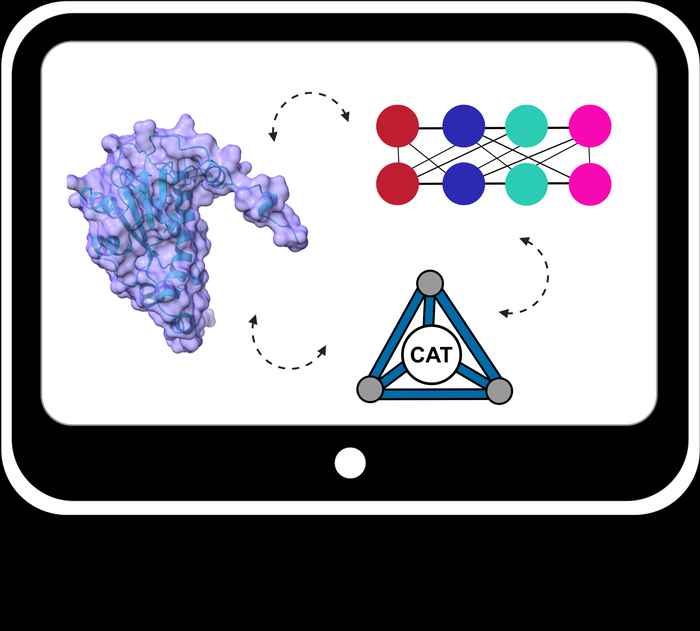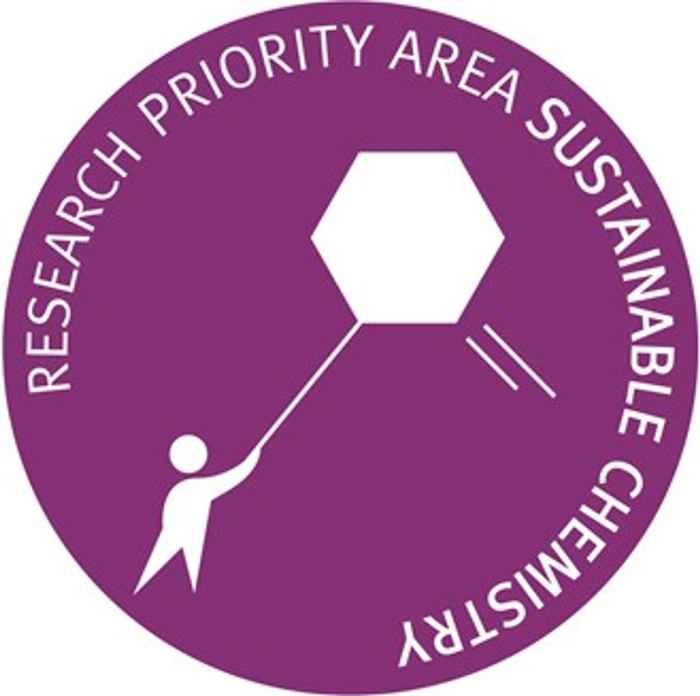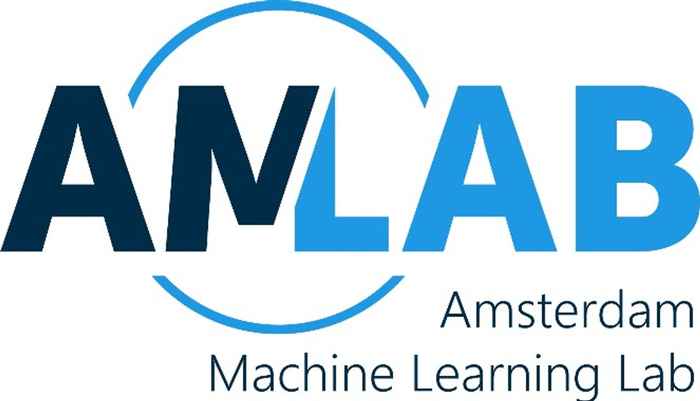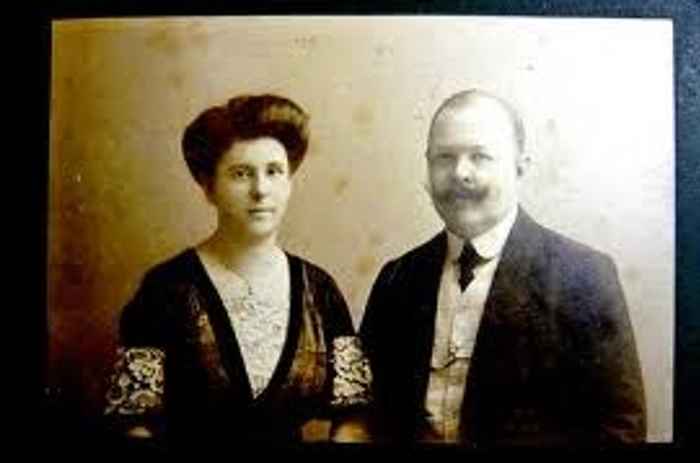AI4 Enzyme Instructed Catalysis Workshop
- Date
- 15 May 2023
Location
Science Park 904, Amsterdam
Registration fee
Euro 40 (including lunch)
Registration deadline
May 7, 2023
Poster abstract submission deadline
May 7, 2023
In this one day workshop, we will bring together leading experts and early career researchers from chemistry, biology and data science to discuss whether we can use machine learning to unravel open questions with a data-driven approach, learn from native enzyme catalysis and apply this knowledge in the design of novel artificial supramolecular catalysts. We aim to establish new collaborations between the different disciplines, especially bringing together informatics experts such as data scientists with chemists and biologists. Scientific exchange across the fields will be promoted by individual discussions at the poster session, as well as a round-up panel discussion. We aim to answer the questions raised below and we will write a white paper on the outcome of the workshop.
Goal of the workshop

The aim of this symposium is to contribute to the development of novel, sustainable strategies based on enzyme-mimetic catalysis in the fields of renewable energy technologies, chemicals production, and biomedicine. Enzymes are proteins that are able to convert specific substrates at exceptionally high rates and selectivity. One of the key features of enzymes is the selective binding of specific molecules. This basic principle is already achieved in various synthetic systems. Interestingly, enzyme catalysis in itself is not yet fully understood. Open questions remaining are: What are the key factors making enzymes such fast and selective catalysts? What is the role of the protein matrix surrounding the active site? What is the role of protein dynamics in steering the activity and selectivity. How to translate the high selectivity and activity of native enzymes to artificial systems performing new-to-nature reactions of industrial relevance?
In order to advance the understanding of enzyme inspired design of catalysts, including confinement-controlled catalysis, we believe that it is of high importance to move to a data-driven strategy by combining experimental research with artificial intelligence, e.g., machine learning. In recent years, machine learning has attracted increasing attention in the field of enzyme engineering, and we expect that in a similar way also artificial systems can benefit from this approach.
The workshop will create synergy between scientists from chemistry, biology and data science. It will range from experimental and theoretical research on fully biological systems like enzyme cascades, over semi-artificial approaches to purely synthetic catalysts, and include computational modelling and prediction methods based on machine learning and artificial intelligence.
| 09:00 | Arrival and registration |
| 10:00 | Introduction |
| 10:15 | Keynote 1: AI Algorithms for the Optimization of Artificial Metalloenzymes , Thomas Ward, University of Basel, Switzerland |
| 11:00 | IL 1: title tba, Fernanda Duarte, University of Oxford, UK |
| 11:30 | IL 2: title tba, Erik Bekkers, University of Amsterdam, The Netherlands |
| 12:30 | Lunch break + poster session |
| 14:00 | Keynote 2: Machine learning-aided engineering of PET degrading enzymes, Hal Alper, University of Texas at Austin, USA |
| 14:45 | IL 2: The dormant potential of small data sets for ML-driven enzyme engineering, Stanislav Mazurenko, Masaryk University, Brno, Czech Republik |
| 15:15 | IL 3: Understanding enzyme and bio-inspired catalysis with machine learning and molecular simulation, Bernd Ensing, AI4Science, University of Amsterdam, The Netherlands |
| 15:45 | Coffee break |
| 16:00 | Panel discussion: How can ML and AI support artificial enzyme catalysis? |
| 17:00 | Concluding remarks, Farewell |
Scientific committee
- Sonja Pullen (s.pullen@uva.nl) (assistant professor UvA, supramolecular and biomimetic catalysis)
- Ivana Drienovska (assistant professor at VU Amsterdam, enzyme catalysis)
- Patrick Forré (assistant professor UvA, Informatics, AI4Science)
- Joost Reek (UvA, homogeneous, supramolecular and bio-inspired catalysis)
Sponsors



